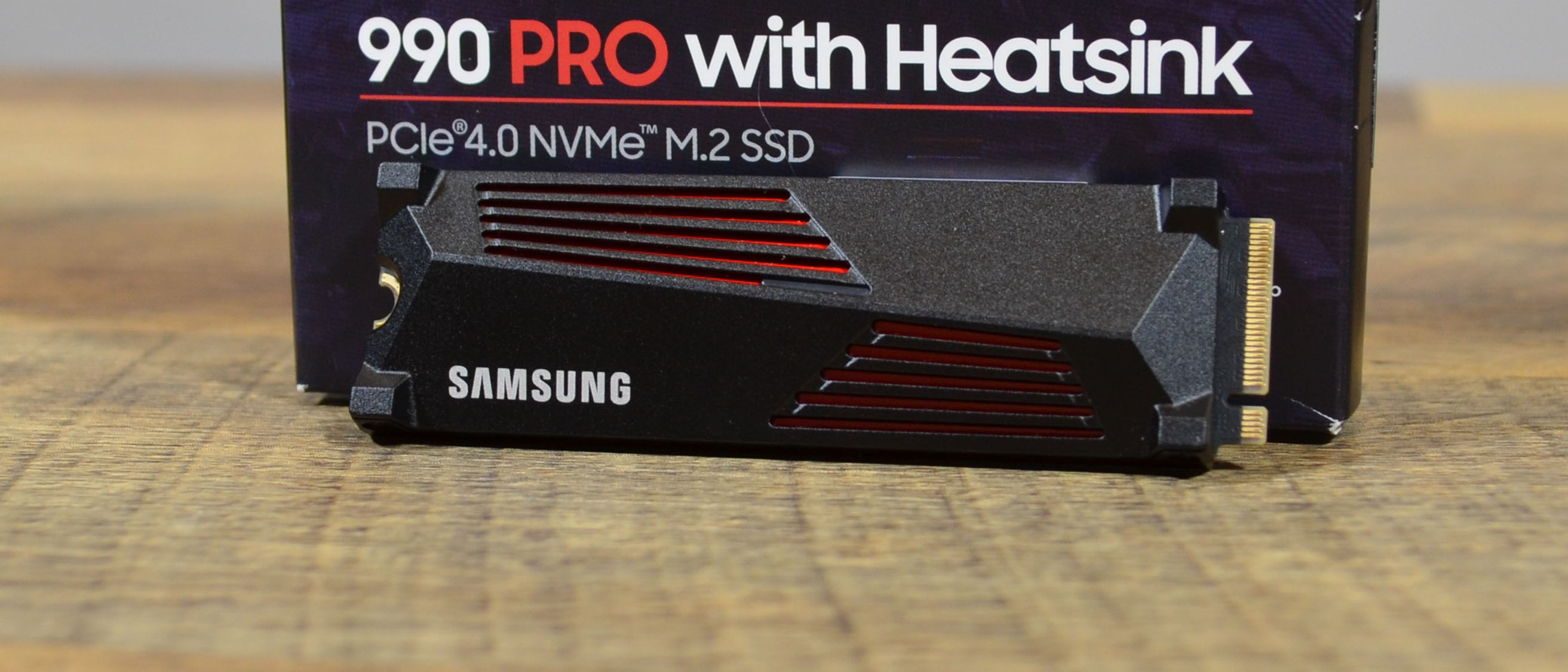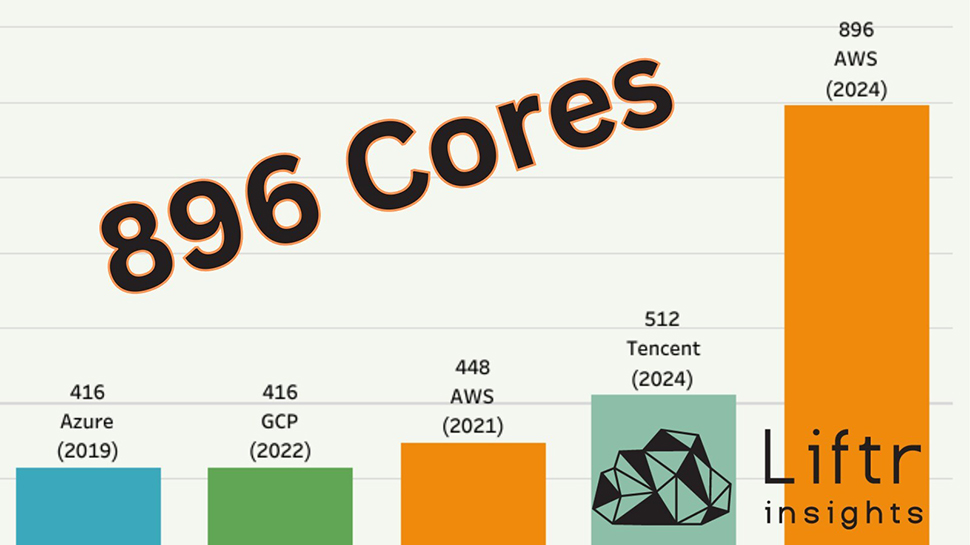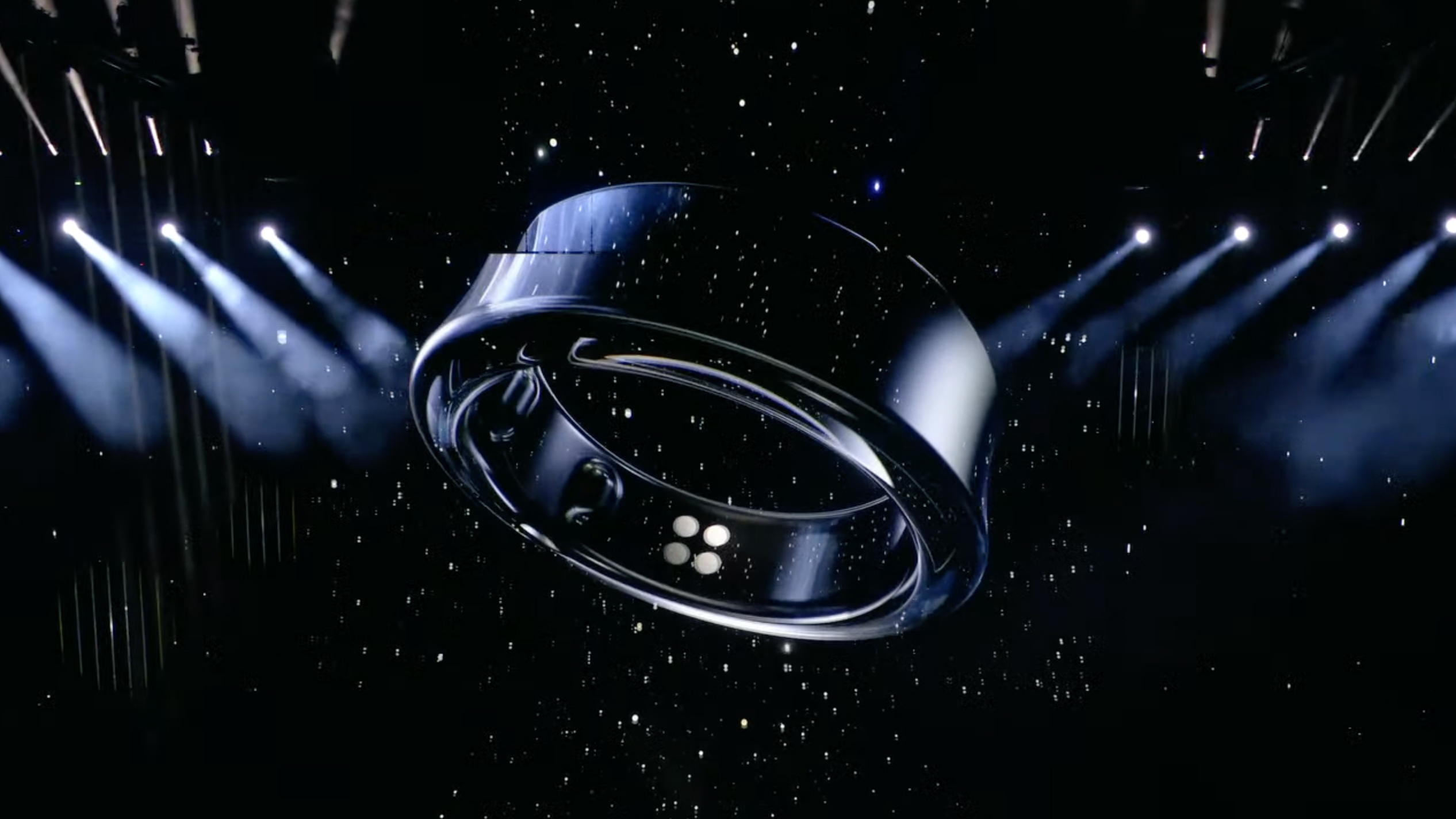Businesses are finding it increasingly difficult to back up and manage the growing volumes of data they produce. The introduction of generative AI has further complicated matters, significantly challenging traditional storage methods.
128TB SSDs have been teased for some time, with a number of companies talking up their future plans. Huawei, for example, announced it was working on a 128TB SSD, but that product will only be available as part of its Exabyte-capable OceanStor A800 range and isn’t expected to be made available until 2025.
At CES 2024, Phison showcased a variety of SSDs and portable SSD controllers, including its X2 enterprise SSD platform. Although capacities for this “world’s best-in-class Enterprise SSD” topped out at 61.44TB, the version displayed at CES suggested a future capacity of up to 128TB.
128TB coming "soon"
Phison revealed a little more of its plans at the end of May 2024 when it took the wraps off its Pascari X200 PCIe Gen5 Enterprise SSD range.
Featuring the CoXProcessor CPU architecture, these drives are specifically designed for high-performance computing (HPC) AI, hyperscale, and data centers, and although the first models were only available in up to 32TB sizes, we now know significantly larger models are on the way, and will arrive sooner than expected.
In a casual conversation with a Pascari representative, we were told that the brand plans to launch 64TB and 128TB X200 models “in the coming months”. Although they couldn't tell us much more than that for obvious reasons, we expect an official announcement on Pascari’s 128TB X200 at (if not before) this year’s Flash Memory Storage (FMS) event being held at the Santa Clara Convention Center, August 6-8.
Pascari’s representative told us to “expect to see some PCIe Gen6 stuff at FMS” and hinted that current speeds will change too.
More from TechRadar Pro
- These are the best SSDs you can buy right now
- Another storage vendor wants to launch a 30.72TB SSD in 2024
- Here’s the chip that could make 100TB SSDs mainstream in 2024



